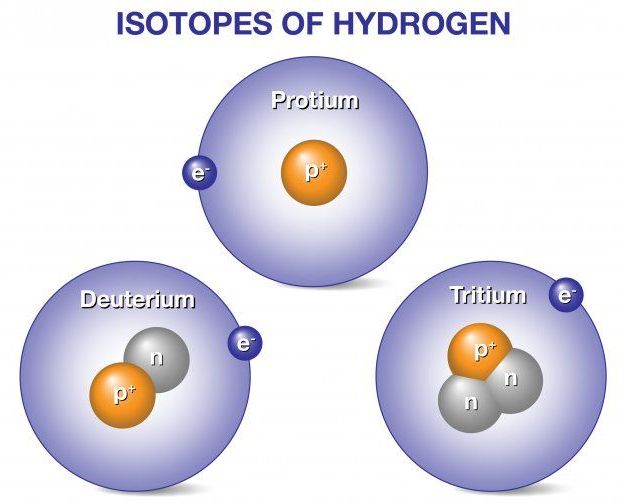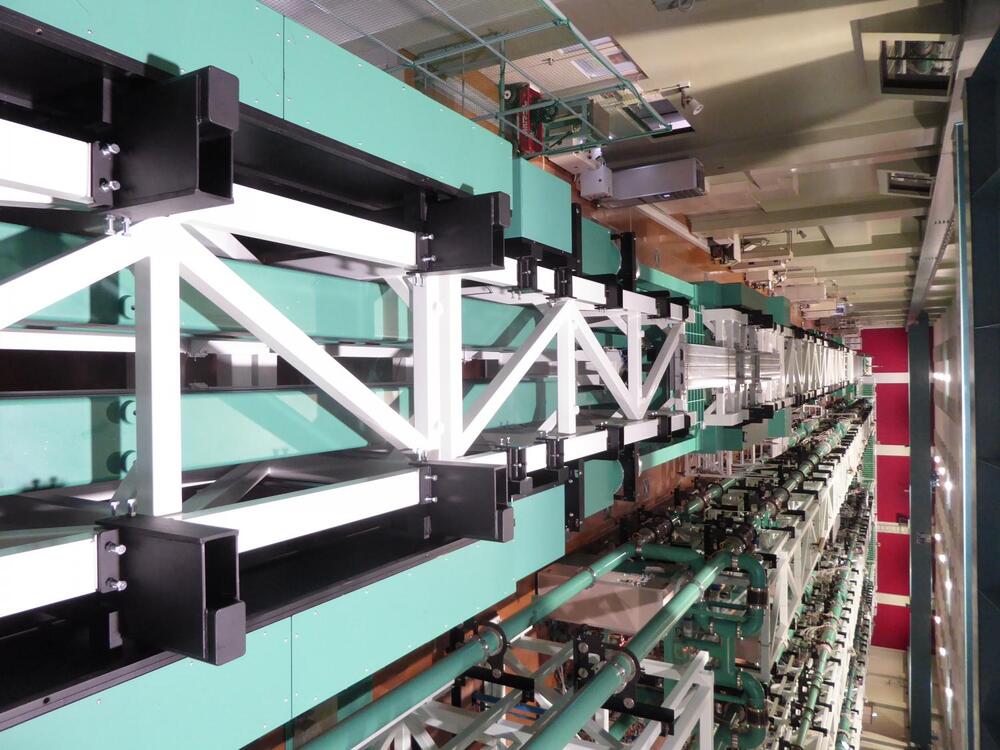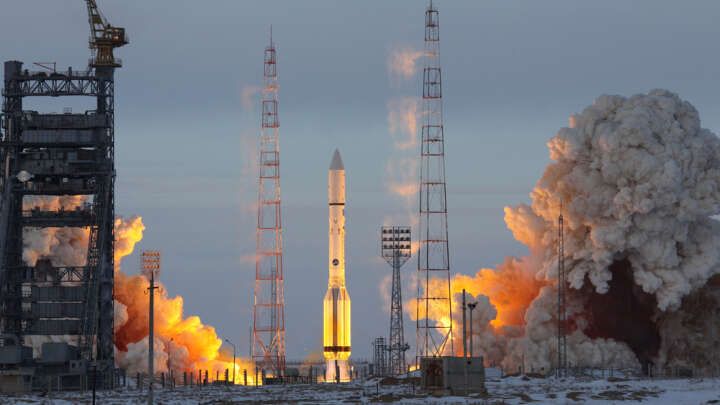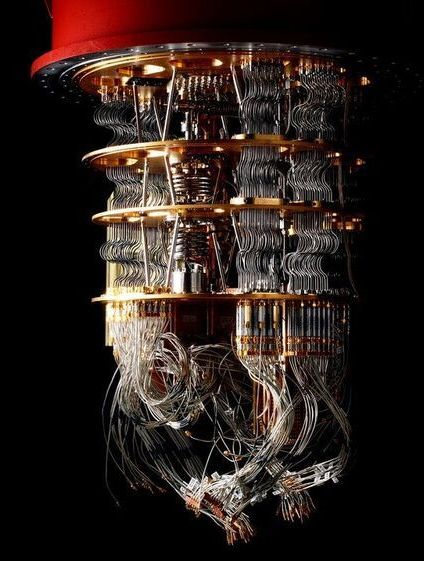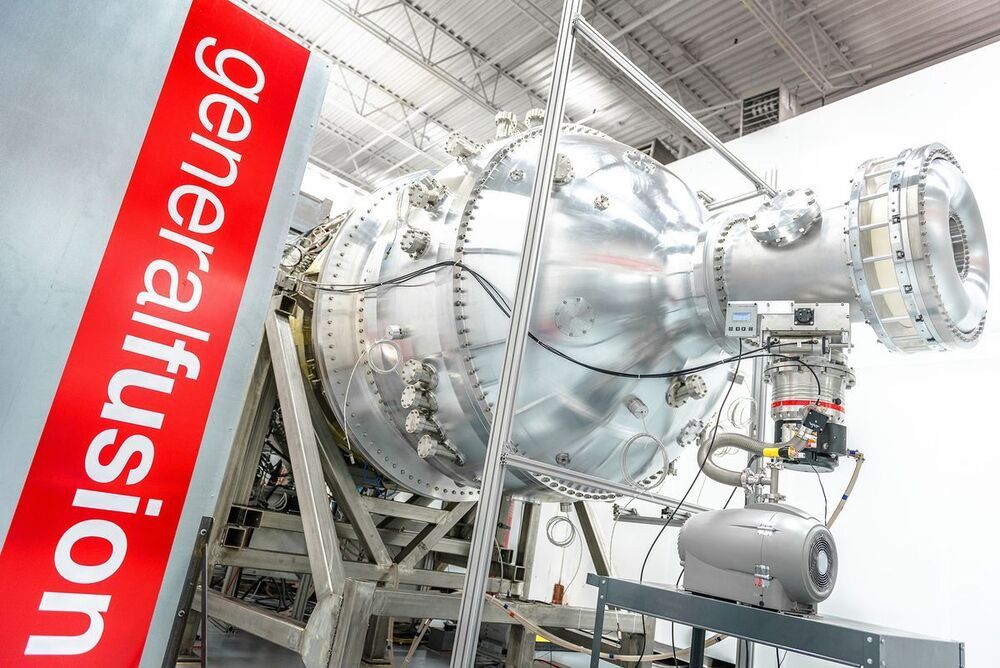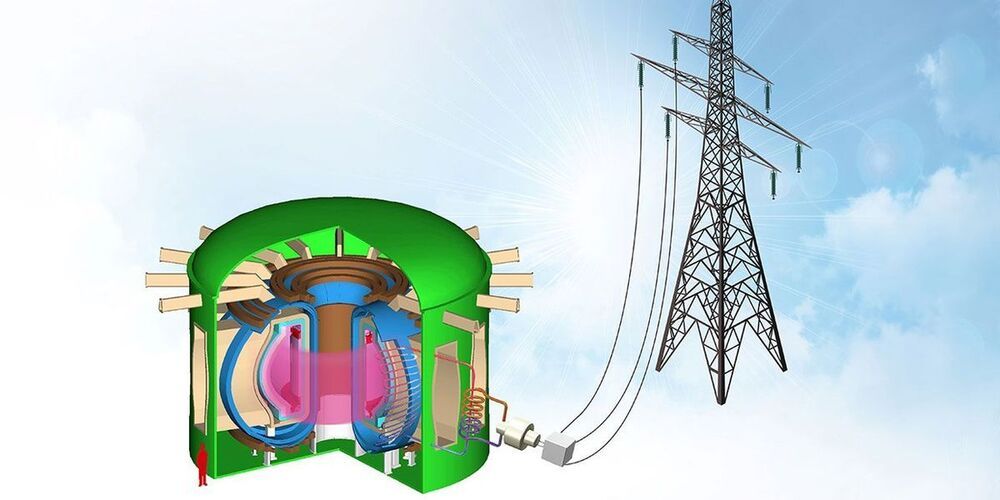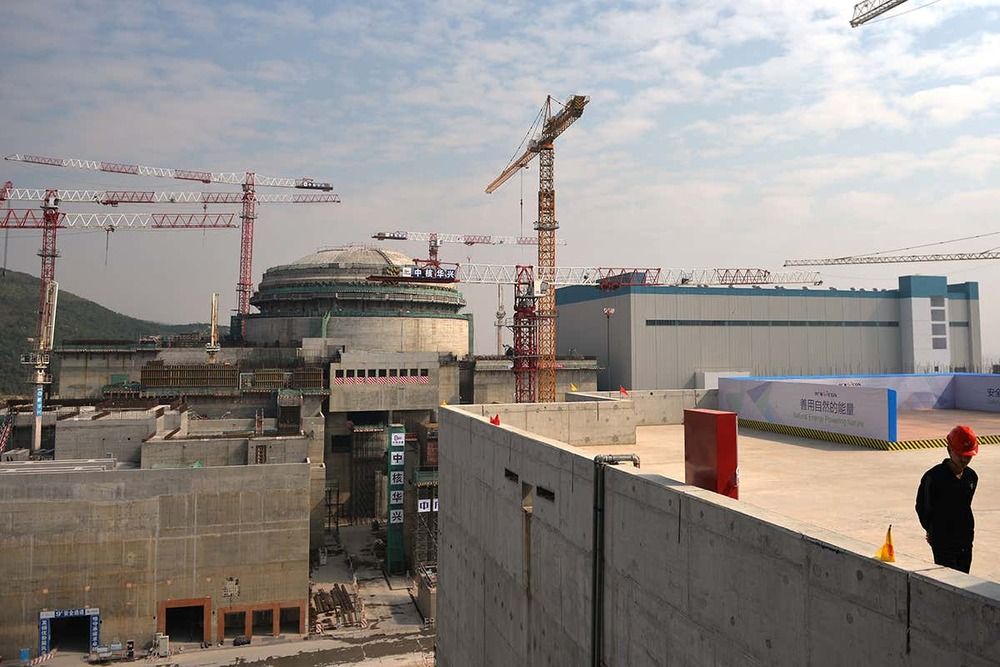The artificial intelligence revolution is just getting started. But it is already transforming conflict. Militaries all the way from the superpowers to tiny states are seizing on autonomous weapons as essential to surviving the wars of the future. But this mounting arms-race dynamic could lead the world to dangerous places, with algorithms interacting so fast that they are beyond human control. Uncontrolled escalation, even wars that erupt without any human input at all.
DW maps out the future of autonomous warfare, based on conflicts we have already seen – and predictions from experts of what will come next.
For more on the role of technology in future wars, check out the extended version of this video – which includes a blow-by-blow scenario of a cyber attack against nuclear weapons command and control systems: https://youtu.be/TmlBkW6ANsQ
Subscribe: https://www.youtube.com/user/deutschewelleenglish?sub_confirmation=1
For more news go to: http://www.dw.com/en/
Follow DW on social media:
►Facebook: https://www.facebook.com/deutschewellenews/
►Twitter: https://twitter.com/dwnews.
►Instagram: https://www.instagram.com/dwnews.
Für Videos in deutscher Sprache besuchen Sie: https://www.youtube.com/dwdeutsch.
#AutonomousWeapons #ArtificialIntelligence #ModernWarfare

